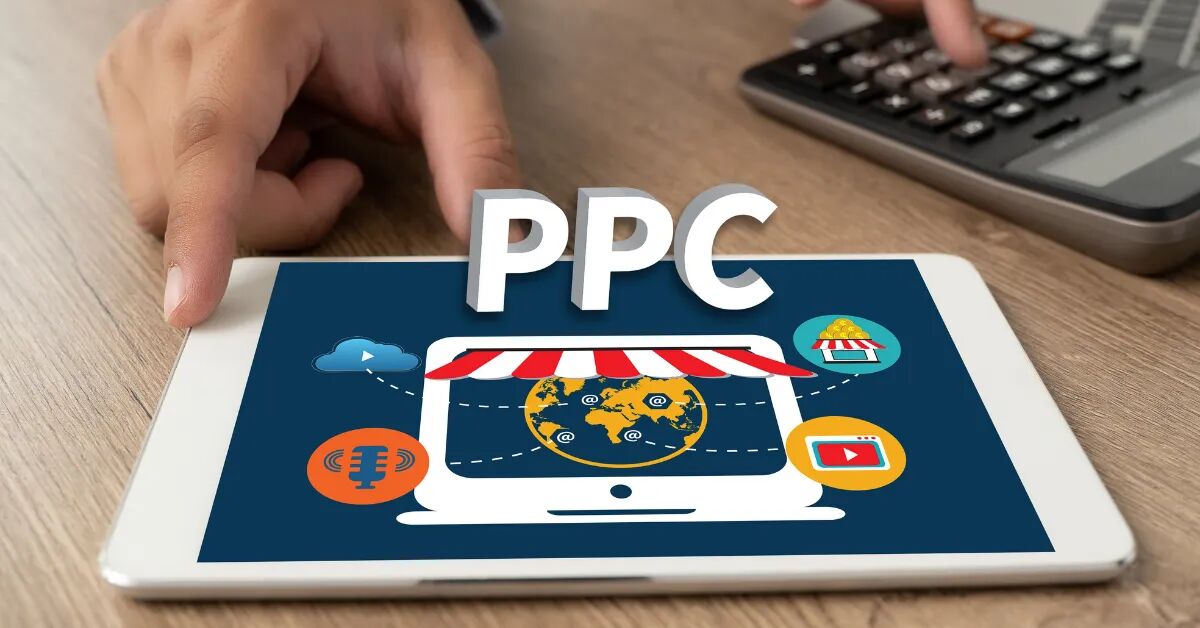
Pay-per-click (PPC) is a form of online advertising in which advertisers pay a fee each time one of their ads is clicked. PPC advertising is commonly used in search engine advertising, as well as on social media and other websites. The most common platform for PPC advertising is Google Ads (formerly known as Google AdWords).
PPC advertising allows advertisers to bid on specific keywords and phrases relevant to their target audience. When a user searches for a keyword or representation the advertiser has bid on, the search engine displays the ad, typically at the top or bottom of the search results page. If the user clicks on the ad, the advertiser is charged a fee, hence the “pay-per-click.” PPC advertising can be an effective way for businesses to drive targeted traffic to their website, generate leads, and increase sales. However, PPC advertising can be costly and requires careful management and optimization to ensure a positive return on investment (ROI).
To succeed with PPC advertising, businesses must choose the right keywords and phrases to bid on, create compelling ad copy that attracts clicks and conversions, and continuously monitor and adjust their campaigns to ensure they are reaching the right audience and achieving their desired goals results.
In addition to search engine advertising, PPC advertising can be used on social media platforms such as Facebook, LinkedIn, and Twitter. These platforms allow advertisers to target their ads to specific demographics, interests, behaviors, and locations, making reaching their target audience and driving conversions easier.
One of the main advantages of PPC advertising is the ability to track and measure results in real-time. Advertisers can monitor metrics such as click-through rate (CTR), conversion rate, cost per click (CPC), and cost per conversion and adjust their campaigns accordingly to improve performance and maximize ROI.
In conclusion, pay-per-click (PPC) is a form of online advertising in which advertisers pay a fee each time one of their ads is clicked. PPC advertising is commonly used in search engine advertising, as well as on social media and other websites. To succeed with PPC advertising, businesses must choose the right keywords and phrases to bid on, create compelling ad copy, and continuously monitor and adjust their campaigns to ensure they reach the right audience and achieve their desired results. One of the main advantages of PPC advertising is the ability to track and measure results in real-time, allowing advertisers to improve performance and maxi
Also Visit: Glossary For E-commerce, Business, Marketing